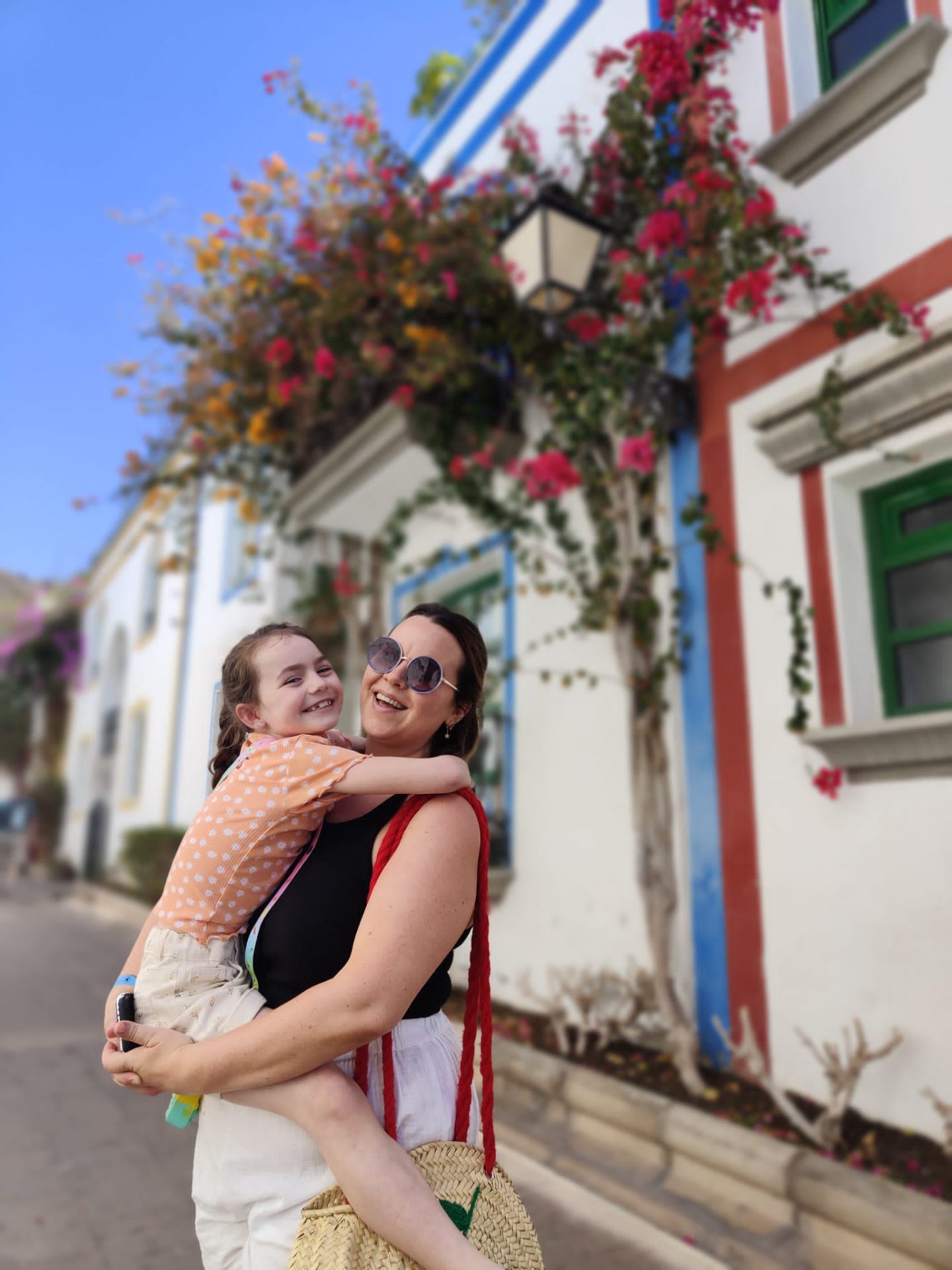Promoting a love and respect for the natural world in children is one of the greatest gifts we can give the next generation. As caregivers, there are many simple yet impactful ways we can nurture environmental awareness in kids. Here are some top tips.
Lead by Example
Children learn best by observation and will mimic the behaviours and attitudes of role models in their lives, whether that is their parents or their Fosterplus carers. Demonstrate your own passion for sustainability through daily actions like recycling, saving energy, avoiding waste, gardening, and enjoying nature. Explain the reasons behind your eco-friendly habits to kids. Your commitment will motivate them to follow suit.
Spend Time Outdoors
Connecting children with nature is fundamental for building environmental awareness. Schedule regular outdoor playtime, hikes, or camping trips. Explore beaches, forests, mountains, rivers, gardens, parks and other natural areas. Join environmental groups like forest schools and nature clubs. Let your children get hands-on experience observing wildlife, collecting rocks and shells, cloud-watching, stargazing, climbing trees, digging in dirt, planting seeds, and more. The bond they form with nature will stay with them.
Read Eco-Themed Books and Watch Documentaries
Stories, films and shows with environmental messages can boost kids’ awareness in an enjoyable way. Read picture books about caring for the planet, conservation, recycling, gardening and more. Borrow nature documentaries from the library or watch them together online. Discuss any issues that come up and encourage critical thinking. Use entertainment to introduce complex topics appropriately.
Involve Them in Green Activities
Actively engaging kids in eco-friendly activities makes green values more tangible and fun. Start recycling and composting at home, letting children help sort materials. Grow vegetables, herbs or flowers together in the garden or pots. Walk, bike or carpool rather than drive when possible. Volunteer with habitat restoration projects or beach cleanups as a family. Meal plan to reduce food waste. Let children track energy and water usage and brainstorm ways to conserve. Hands-on learning sticks with them.
Make Sustainability Fun
Environmental awareness shouldn’t feel like a chore. Keep lessons lively and light-hearted. Turn off lights and see who can go the longest with only natural light. Organise nature scavenger hunts in the park to collect leaves, sticks, rocks and more. Have your children make art, crafts or toys from recycled materials. Play eco-themed games, sing songs, and celebrate Earth Day or World Environment Day with special activities. The more you enjoy the process together, the more it will capture kids’ imagination.
Communicate Your Passion
Don’t underestimate the power of conveying your own enthusiasm. When you garden, hike or admire wildlife, share what excites you about it with kids. Express optimism about the future and our ability to make a difference. Chat about news related to the environment. Explore questions they have and discuss solutions. Your genuine excitement will motivate them to protect what they love too.
The most important thing is to make sustainability relatable, accessible and fun for kids. Don’t lecture – inspire. Lead them by example. Help shape their habits now and they’ll develop lifelong respect for the natural world.




